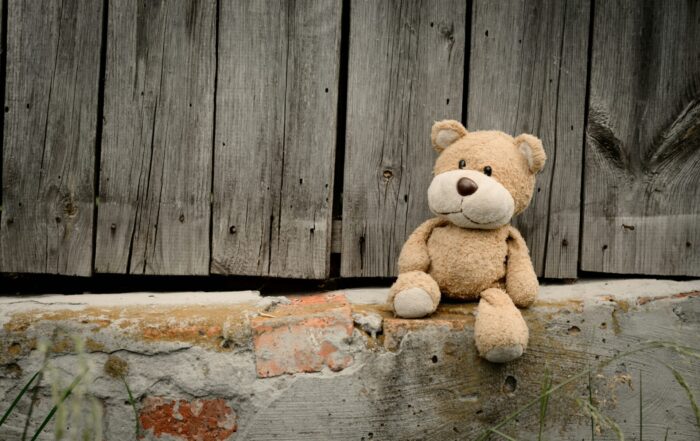
By Helaina Hovitz
As I worked more furiously towards the deadline of finishing the edits on my memoir about growing up with Post Traumatic Stress Disorder while verbally telling my story over and over again to others, I noticed things were happening to my mood and to my body that scared me.
What I soon came to realize was that, while Cognitive Behavioral Therapy, Dialectical Behavioral Therapy, and 12-Step Programs were all very effective in helping me recover, they didn’t target the way my body experienced and processed the trauma itself.
So, I embarked on a new journey to healing with EMDR (Eye Movement Desensitization Reprocessing) and Somatic Experiencing, which got me thinking about other methods that people might be using as an alternative for working out the way traumatic memories live inside of our subconscious brains, our muscles, and other body systems. And that’s how I stumbled on Dance Movement Therapy (DMT) as yet another approach to healing PTSD and its many systems.
Share This Post!
It Happened Here: Dr. Margaret Morgan Lawrence
By NYP History Every time she was turned away, Dr. Margaret Morgan Lawrence, whose career began at NewYork-Presbyterian in the 1940s, found a new opportunity to succeed, eventually becoming the first [...]
The Impact of Childhood Trauma on Developing Bipolar Disorder
By Yann Quidé, Leonardo Tozzi, Mark Corcoran, Dara M Cannon, Maria R Dauvermann Childhood trauma (CT) has been repeatedly linked to earlier onset and greater severity of bipolar disorder (BD) in adulthood. However, such knowledge [...]
Protecting Children from Sexual Abuse in the #MeToo Era
By Nickolas Agathis, MD Do you keep up with any modern social movements, such as #MeToo, #BlackLivesMatter or #KeepFamiliesTogether? The conversations surrounding them are still grabbing widespread attention through social media [...]
Immigrant Health is Interpersonal
By Amanda Venta, PhD Waves of Latinx immigration to the United States have changed in recent decades, and our scientific literature is only beginning to catch up. Regional violence and unrest [...]
Essential Elements of a Trauma-Informed Juvenile Justice System
NCTSN Trauma-informed policies and procedures make juvenile justice organizations safer and more effective by ensuring the physical and psychological safety of all youth, family members, and staff and promoting their recovery [...]
How Childhood Trauma Can Impact the Brain
Written by Kaytee Gillis, LCSW A recent study published in Biological Psychiatry: Cognitive Neuroscience and Neuroimaging finds that childhood trauma can lead to disruptions in two main regions of the brain, the default mode network (DMN) and [...]







